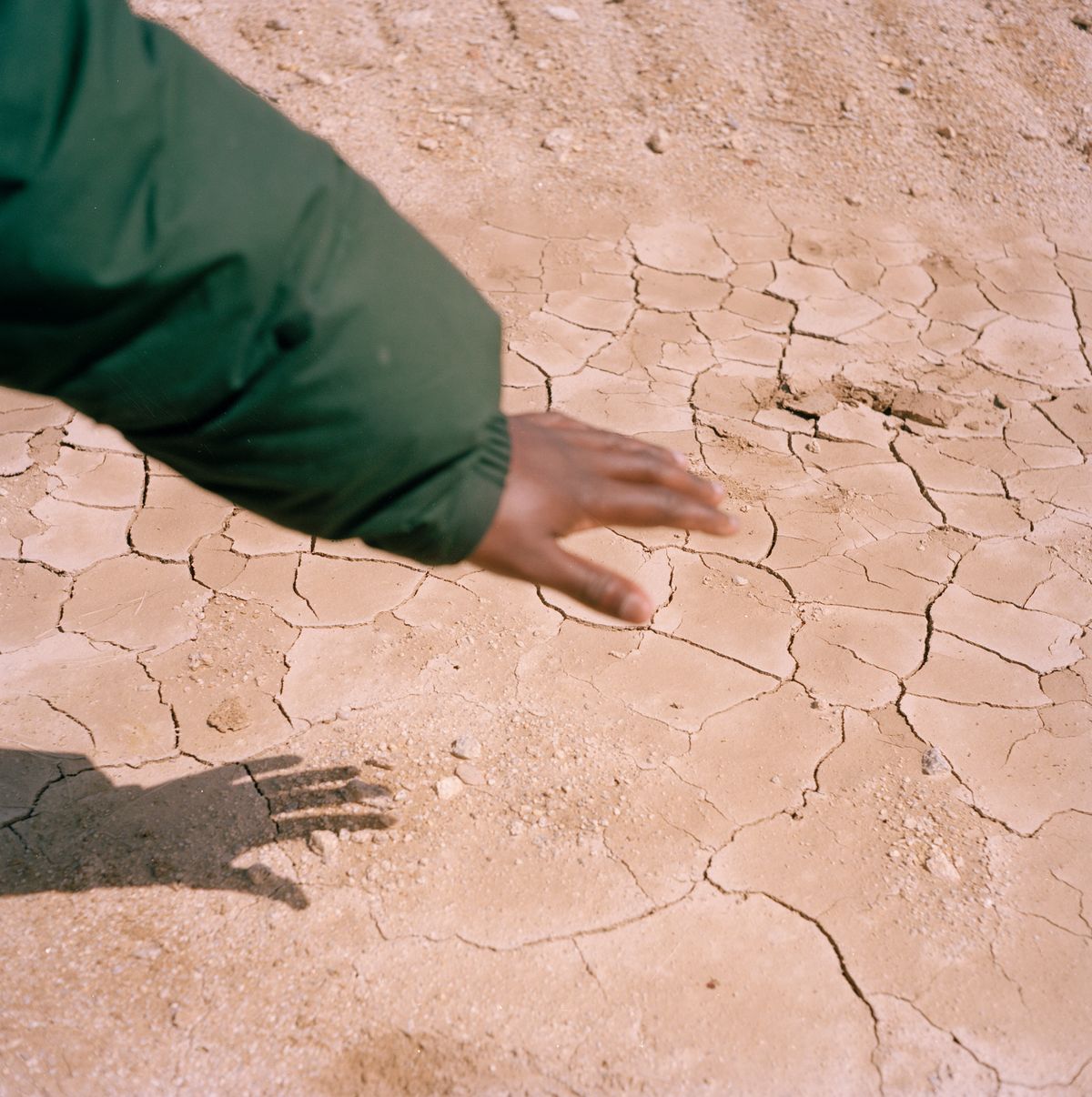Unintended Consequences
As the conflict in Israel-Palestine rages on, I wonder what past climate failures sold as solutions can teach us.

LISTENING: to the Palestinian lofi duo above
FEELING: sick... again
SEEING: smoke from my cup of tea
I'm keeping it short today, y'all. I want to make space, instead, for the stories below from affected peoples I hope you read.
What I do want to say is this: The actions we, as a people, make today have consequences. Some of those consequences we hope for; others are unintended. In the Middle East, the Palestine-Israel conflict has grown too gruesome for my heart to bear. I can't stomach the images I see without crying. I scroll past the ugly, feeling guilt over my inability to confront the pain of the Palestinian children I see on my screen.
I wonder: What are the unintended consequences of such suffering? Both on the land and on the people? Hate breeds hate, but I hope these kids are imbued with enough love to eradicate whatever hate has been seeded by the genocide the Israeli government is attempting on the Palestinian people.
Love finds its way—the possibility of love amid such devastation is a miracle in and of itself.
Welcome to Possibilities, a creative climate newsletter on the possibilities that lie where crisis meets community. I’m Yessenia Funes, and I want to talk briefly about the ways so-called solutions can lead to more damage.
Perhaps the Israeli government believes that bombing Gaza will keep the Hamas extremist group from growing. What may actually result, if history serves us right, is the expansion of such terrorism. This happens in the climate world, too.
Stephen Robert Miller, my dear friend, investigates this climate reality in his new book publishing in a few weeks, "Over the Seawall." (Pre-order please!) The book examines the ripple effects of so-called solutions: seawalls, dams, canals, levees, embankments, and laws.
The book focuses on maladaptation. Here is how the U.N. defines the term.
What happens when a government—oftentimes guided by greed—decides to invest billions into a project only for it to cause more suffering down the line? What happens when people confide in a seawall so much that they dare to stand upon it as a tsunami arrives rather than run as far away as they can from it? What happens when they die, instead?
I wrote about "Over the Seawall" in my latest for Atmos. Read it here.
Governments make decisions like this every day. They approve giant infrastructure proposals. They pass laws. They declare war.
All of this costs not only money—it can also cost lives. 🌀
Rest in Power
At least 4,200 people have been killed amid the conflict in Palestine-Israel.
In 10 days, 4,200 people.
